VMware CIO: We're way ahead of our competitors
Tayloe Stansbury, chief information officer at VMware, explains why the virtualisation firm is leading the pack - including Microsoft.
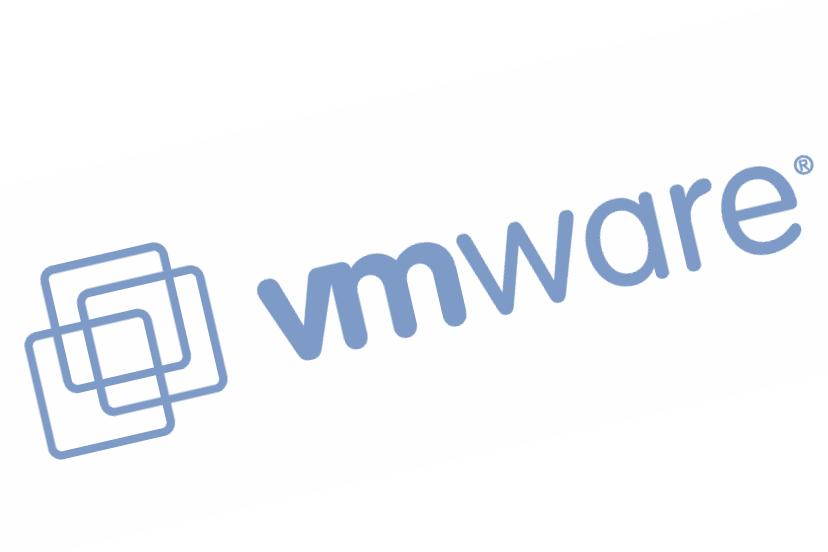
Sign up today and you will receive a free copy of our Future Focus 2025 report - the leading guidance on AI, cybersecurity and other IT challenges as per 700+ senior executives
You are now subscribed
Your newsletter sign-up was successful
We still believe the savings are there. If you are going to do something fairly simple, such as to virtualise in place the things you are running currently, that is fairly simple to do. You just [go] to a "P to V", physical to virtual environment, and run it that way. That doesn't require a great deal of training or differences in system administration.
But if, on the other hand, you want to take advantage of features that allow you to run with much lower energy or consolidate to much higher ratios on your servers, some of that technology such as Distributed Resource Scheduler, or VMotion, does take a little more work to set up.
And when it comes to sizing any system, whether it is on physical hardware or whether it's virtual, then it does take some amount of effort to do your systems design right and size your systems correctly for the load you expect to see on them. But once you've set it up in a virtual environment, the management of those resources can be automated. You can run with more servers per systems admin, so you are more efficient from a human resource standpoint as well.
There is some debate around the technologies being used in virtualisation primarily hypervisors versus containers. What are the main technical differences between the two and why might one be preferable?
There's no question that a bare metal hypervisor is the better way to go. You have a very simple piece of software that has control of everything, and is not contained in an operating system so you don't have the complexity or security issues that might arise from having a containing operating system that is running the virtualisation engine another advantage of bare metal hypervisor is it is a much smaller target from a security standpoint.
Microsoft is making a significant push into the virtualisation space. Does that worry you or potentially could the credibility that Microsoft brings as a competitor help the market?
Microsoft moving into the virtualisation market certainly validates it. Microsoft is also a very formidable competitor. But VMware is a long way ahead in virtualisation tech and it will take Microsoft a long time to catch up with where we are today. We are investing heavily in taking the technology forward and widening the gap with Microsoft. Some examples where we are ahead are VMotion, Distributed Resource Scheduler and High Availability Site Recovery Manager.
Sign up today and you will receive a free copy of our Future Focus 2025 report - the leading guidance on AI, cybersecurity and other IT challenges as per 700+ senior executives
There has been quite a lot of change at VMware of late founding chief executive Diane Greene has left, Paul Maritz has come in. Has that affected your relationship with customers, are they concerned about stability within the business?
I don't think so. VMware has a huge advantage in virtualisation technology, we are way ahead of our competitors. And we are investing heavily to widen the gap.
-
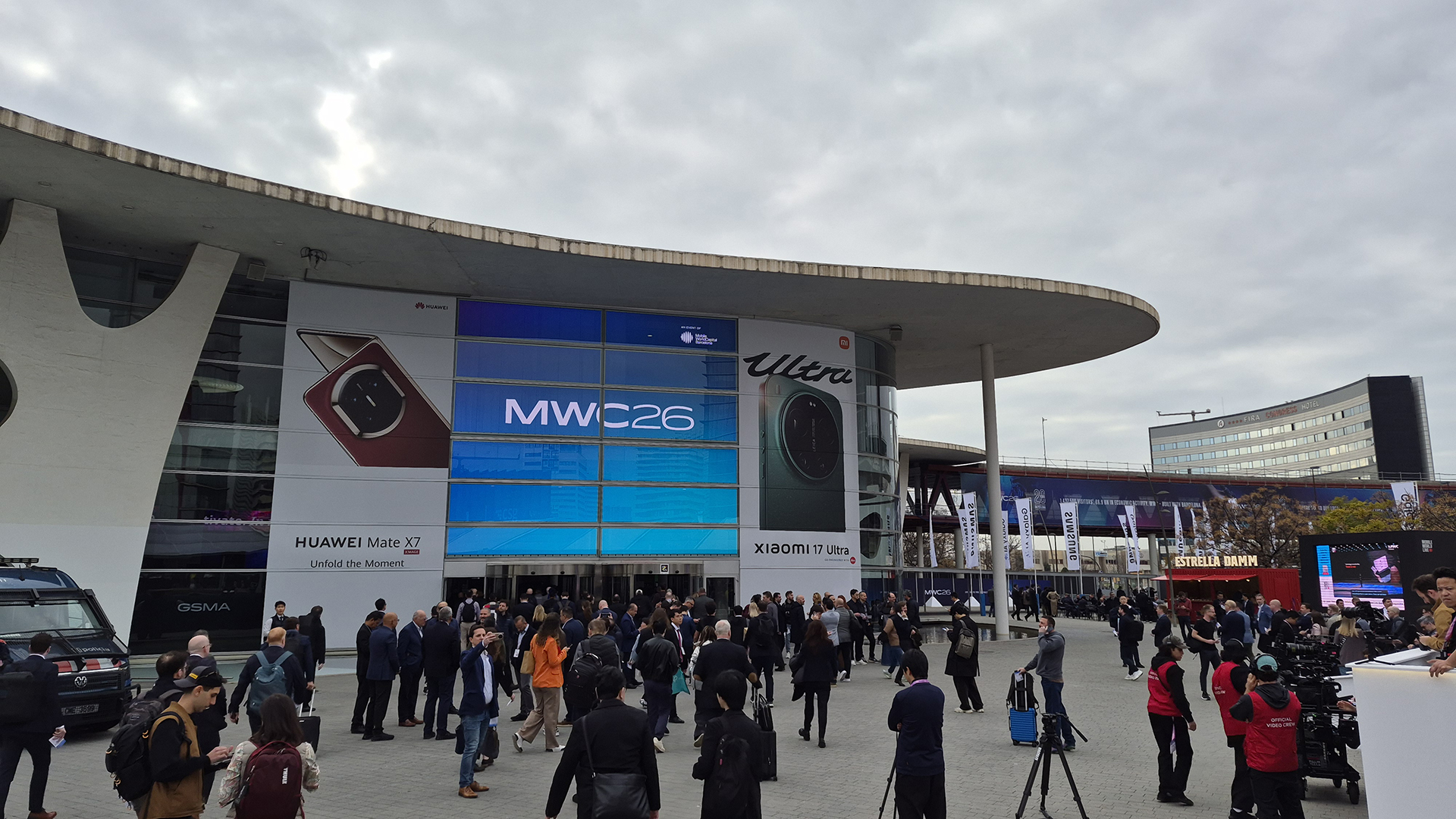 Give businesses more practical AI services and some return on investment before you go selling 6G
Give businesses more practical AI services and some return on investment before you go selling 6GThe value of modular computing and community-led development wins big at MWC, while AI continues to consume us all
-
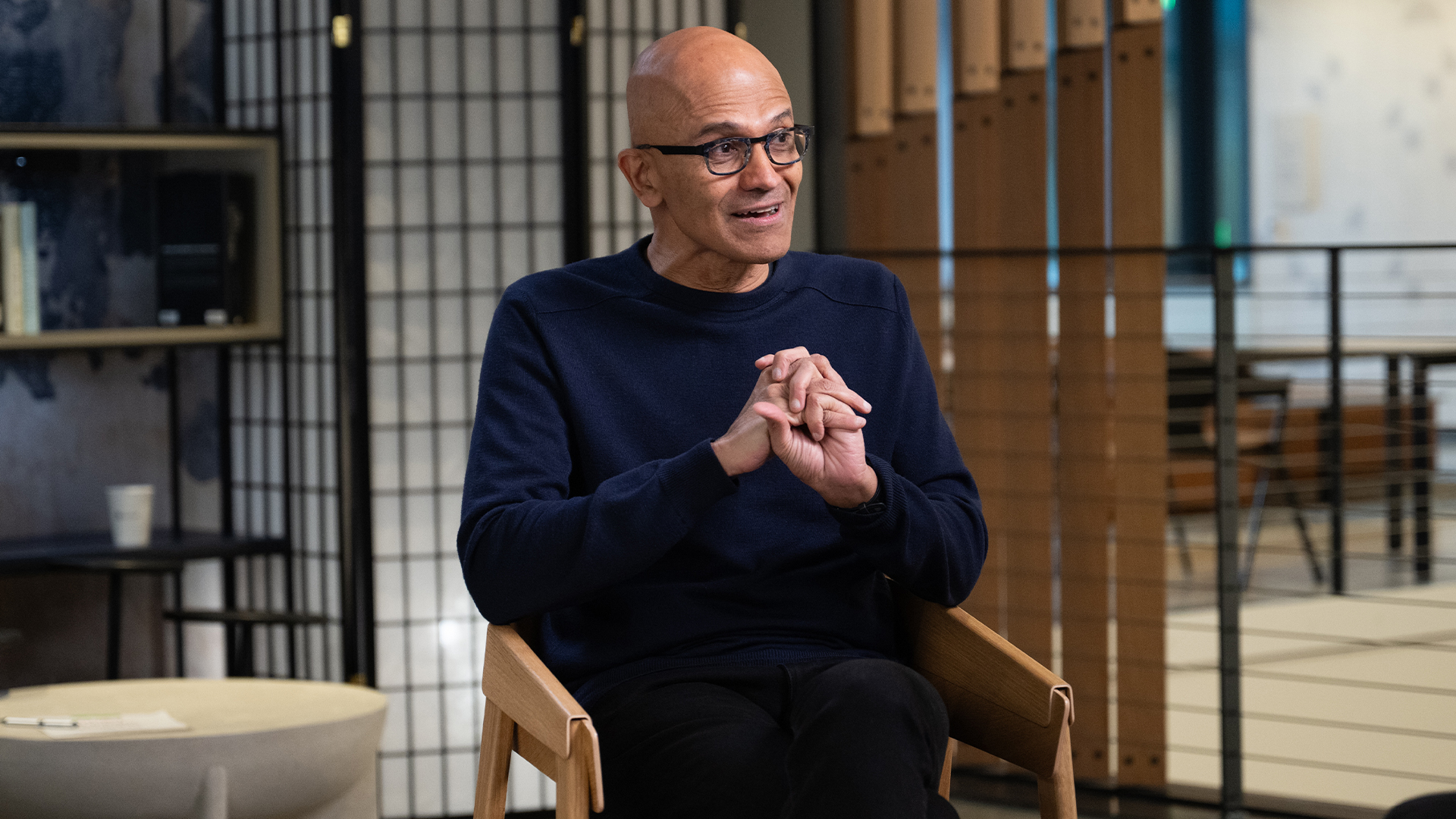 Microsoft CEO Satya Nadella says 'anyone can be a software developer' with AI
Microsoft CEO Satya Nadella says 'anyone can be a software developer' with AINews AI will cause job losses in software development, Nadella admitted, but claimed many will reskill and adapt to new ways of working
-
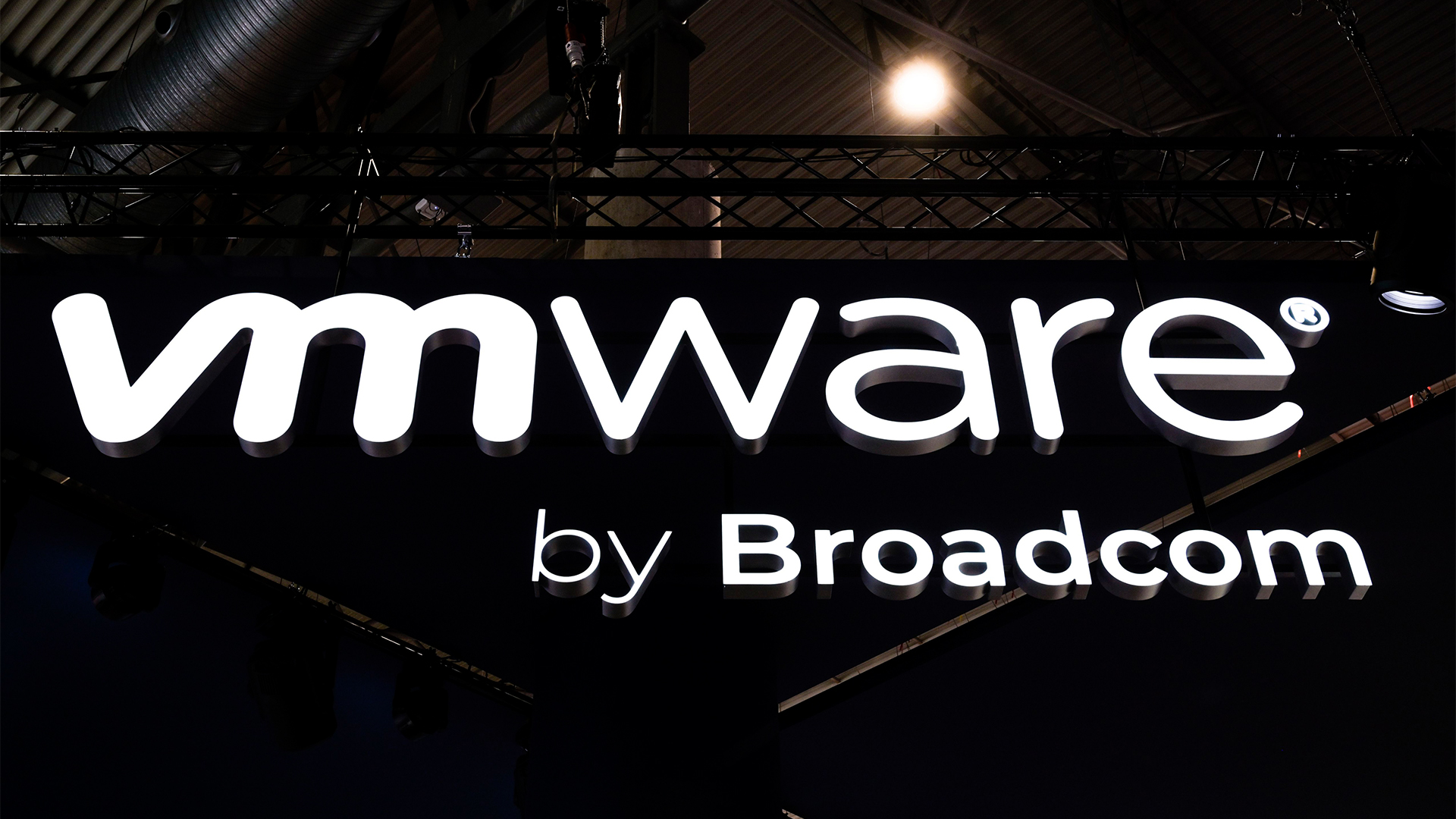 The VMware 'panic phase' is over, but that isn't stopping the exodus – 86% of companies are actively reducing their dependency and choosing alternatives
The VMware 'panic phase' is over, but that isn't stopping the exodus – 86% of companies are actively reducing their dependency and choosing alternativesNews Nearly two and a half years on from the Broadcom acquisition, VMware customers are steadily working to unwind their dependence
-
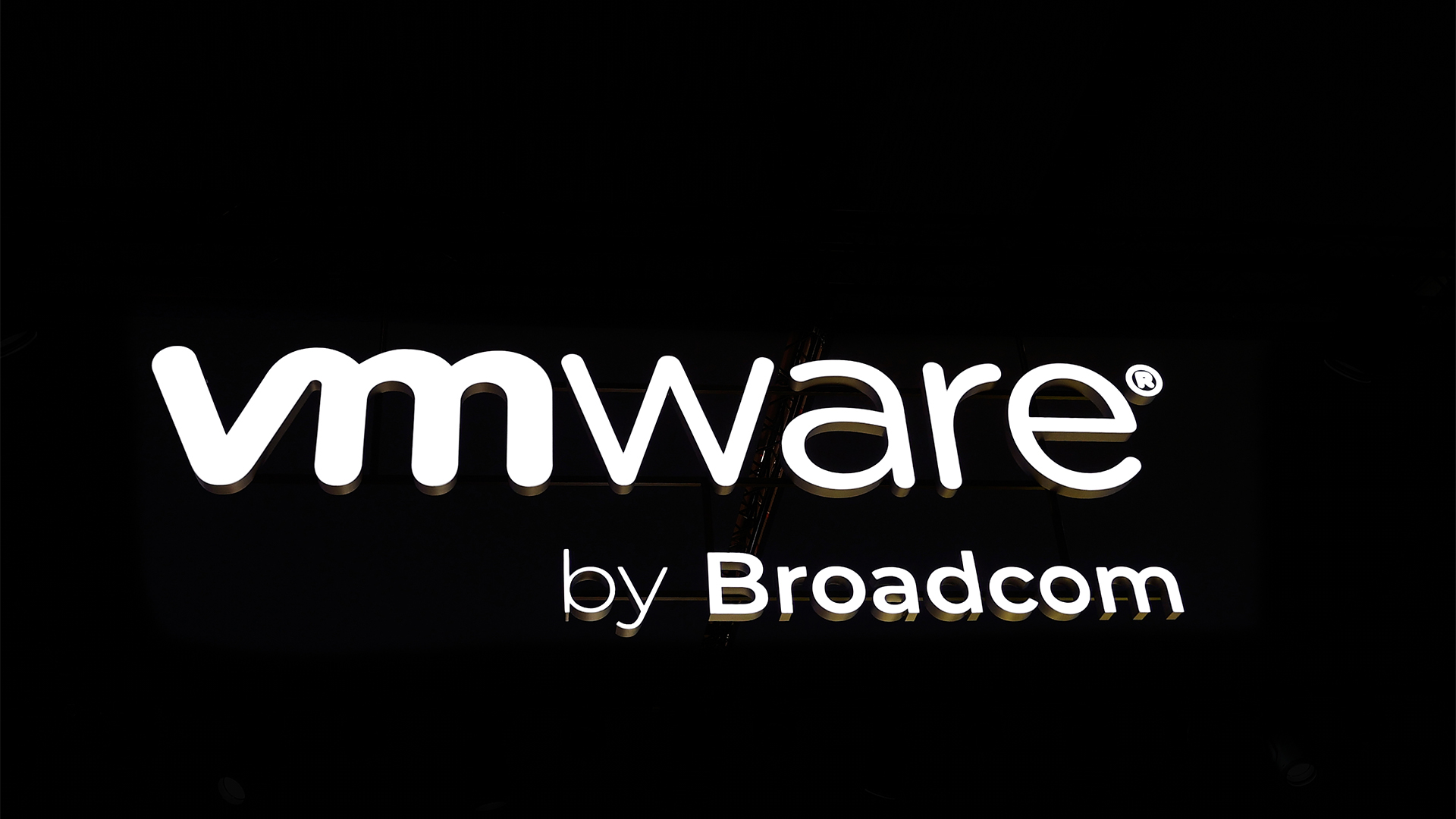 VMware partners face more disruption with latest Broadcom changes
VMware partners face more disruption with latest Broadcom changesNews Broadcom’s latest VMware changes mean smaller partners could be pushed out
-
 Helping customers adopt a multi-cloud infrastructure and accelerate their modernization journey
Helping customers adopt a multi-cloud infrastructure and accelerate their modernization journeySponsored Content We outline what shifting to a subscription model means for your business
-
 There’s a ‘cloud reset’ underway, and VMware Cloud Foundation 9.0 is a chance for Broadcom to pounce on it
There’s a ‘cloud reset’ underway, and VMware Cloud Foundation 9.0 is a chance for Broadcom to pounce on itNews With new security features and cost management tools, Broadcom wants to capitalize on surging private cloud adoption rates
-
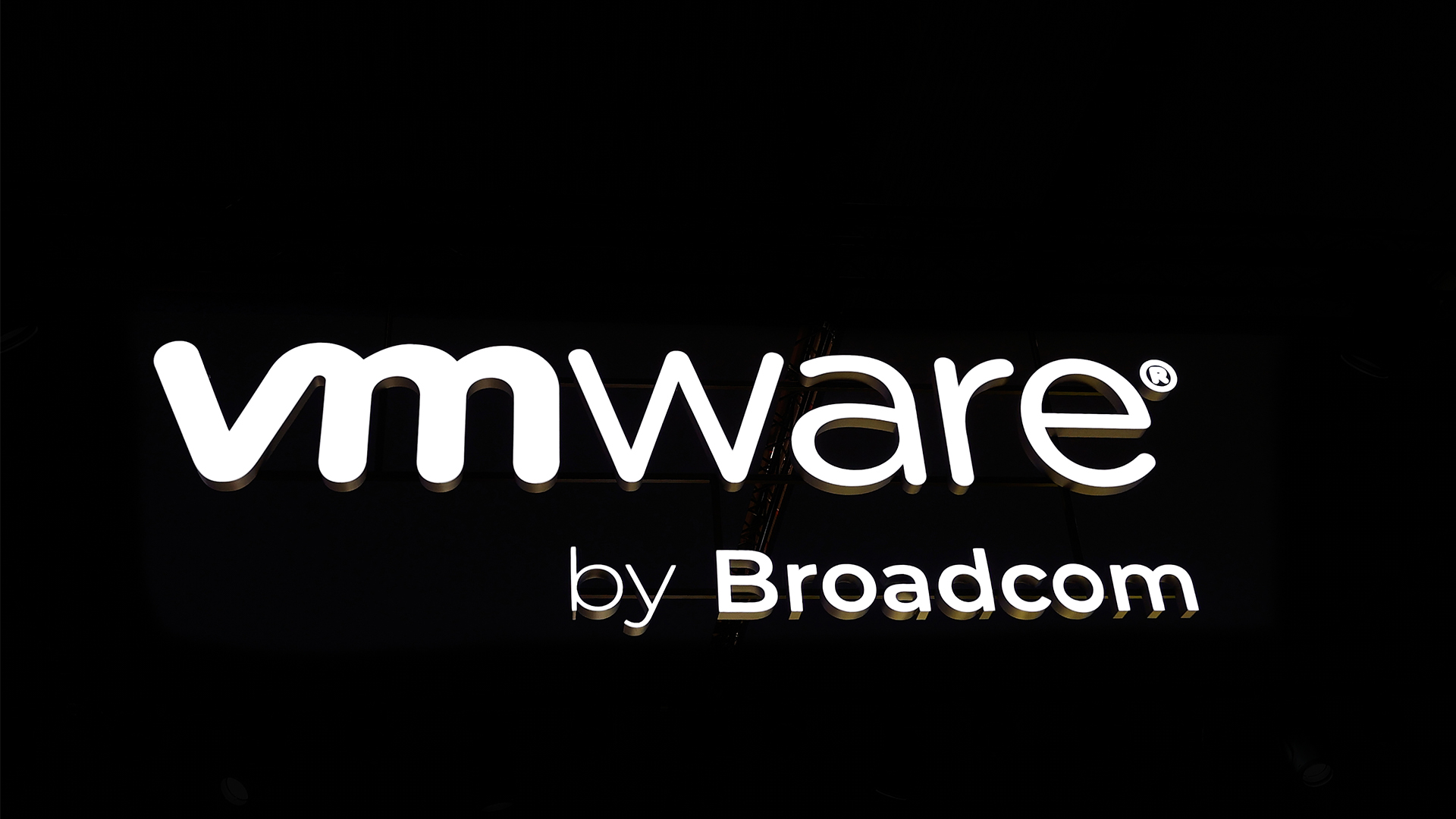 Broadcom's 'harsh' VMware contracts are costing customers up to 1,500% more
Broadcom's 'harsh' VMware contracts are costing customers up to 1,500% moreNews An ECCO report says Broadcom hasn't solved customer complaints when it comes to licensing and contracts
-
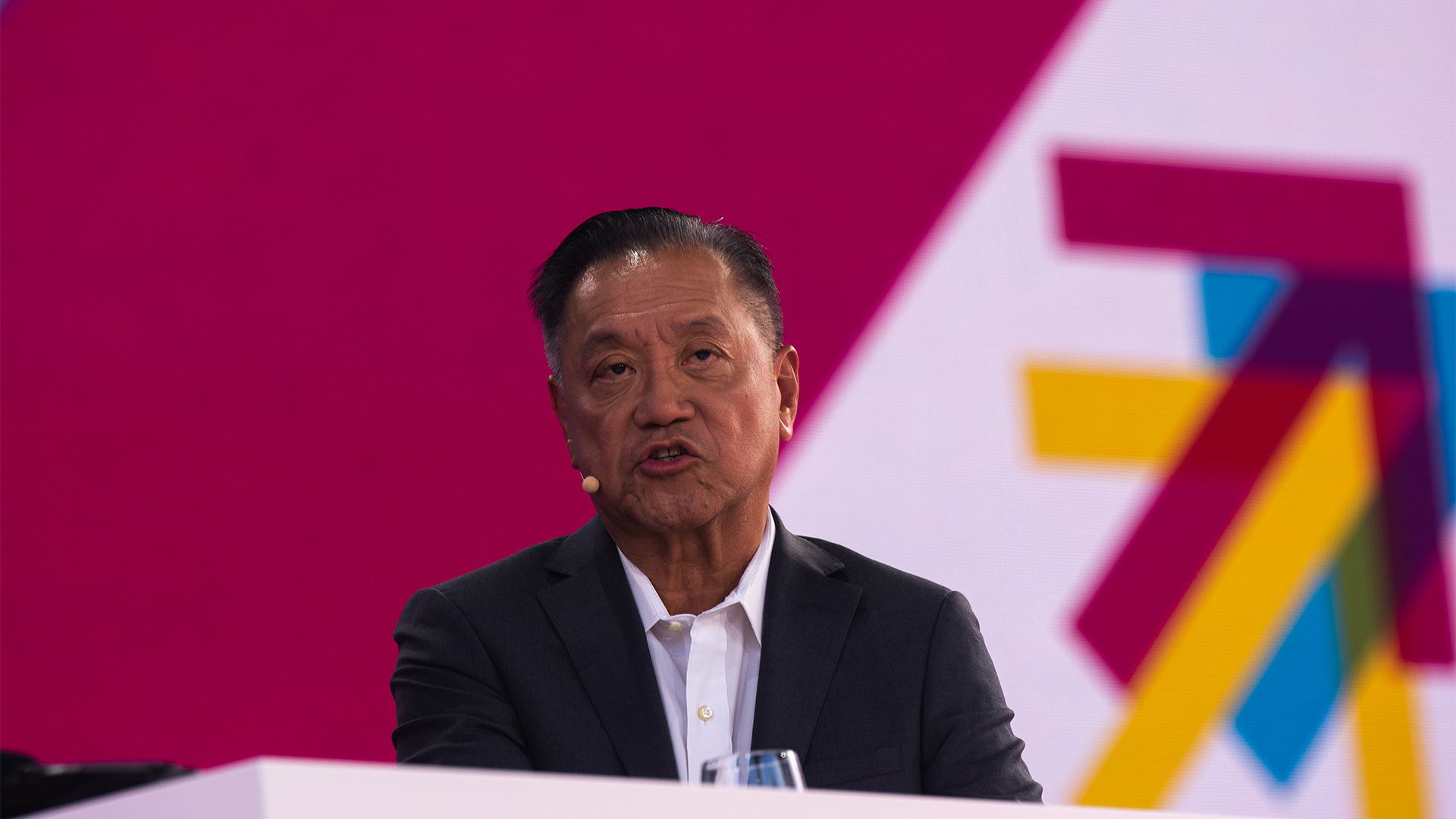 Broadcom records huge growth as CEO Hock Tan hails “successful integration” of VMware
Broadcom records huge growth as CEO Hock Tan hails “successful integration” of VMwareAnalysis The VMware acquisition is finally paying dividends for Broadcom
-
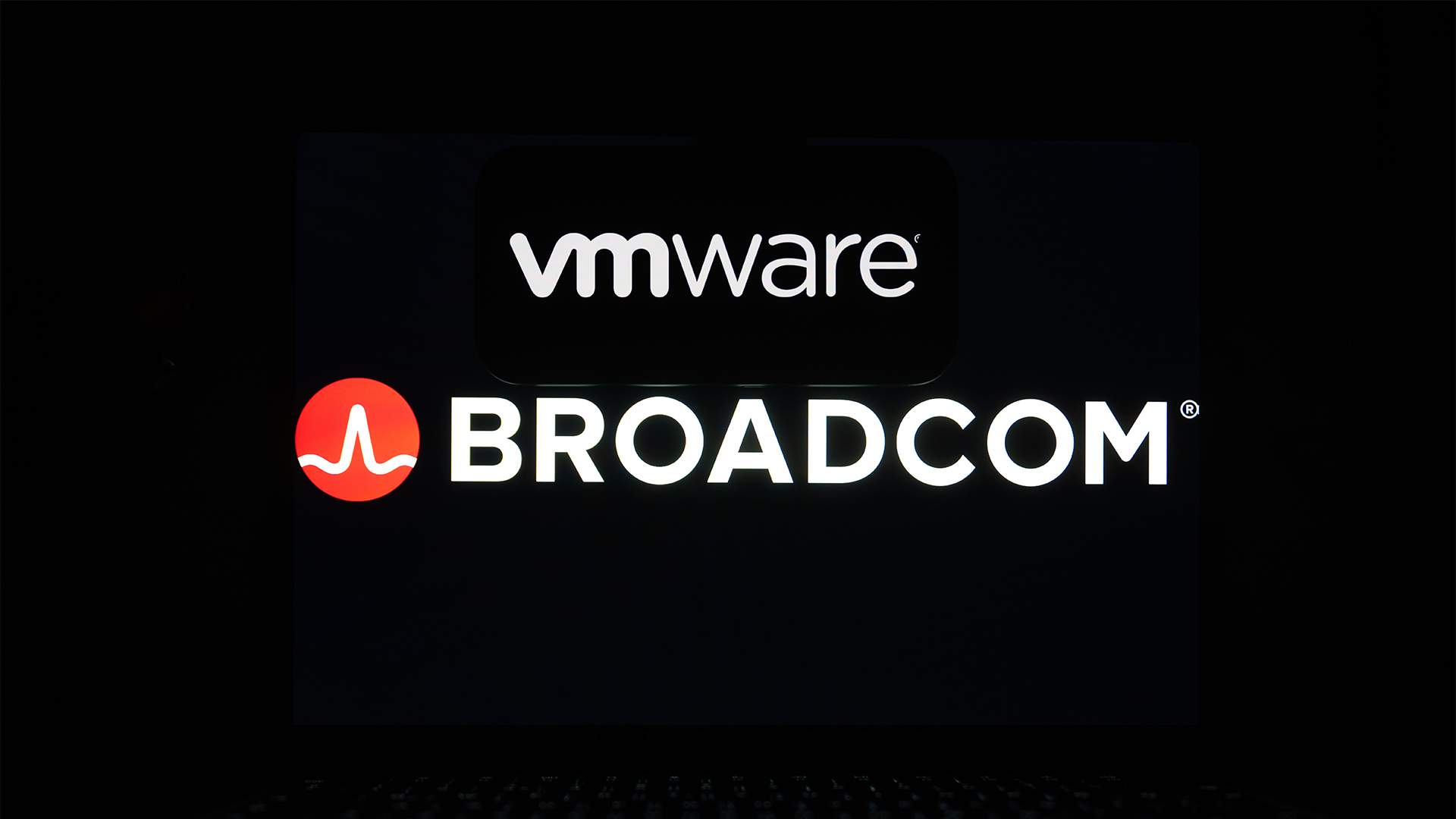 Broadcom EMEA CTO claims the company has been able to solve most of its customer issues following VMware acquisition
Broadcom EMEA CTO claims the company has been able to solve most of its customer issues following VMware acquisitionNews Joe Baguley says the firm has been walking customers through license changes and explaining the value of VMware
-
 Cloud repatriation may be nipping at hyperscaler market share, but it’s a boon for VMware
Cloud repatriation may be nipping at hyperscaler market share, but it’s a boon for VMwareNews The firm’s private cloud offerings put it in a strong position to aid customers moving workloads out of the public cloud – but repatriation can’t be the only conversation